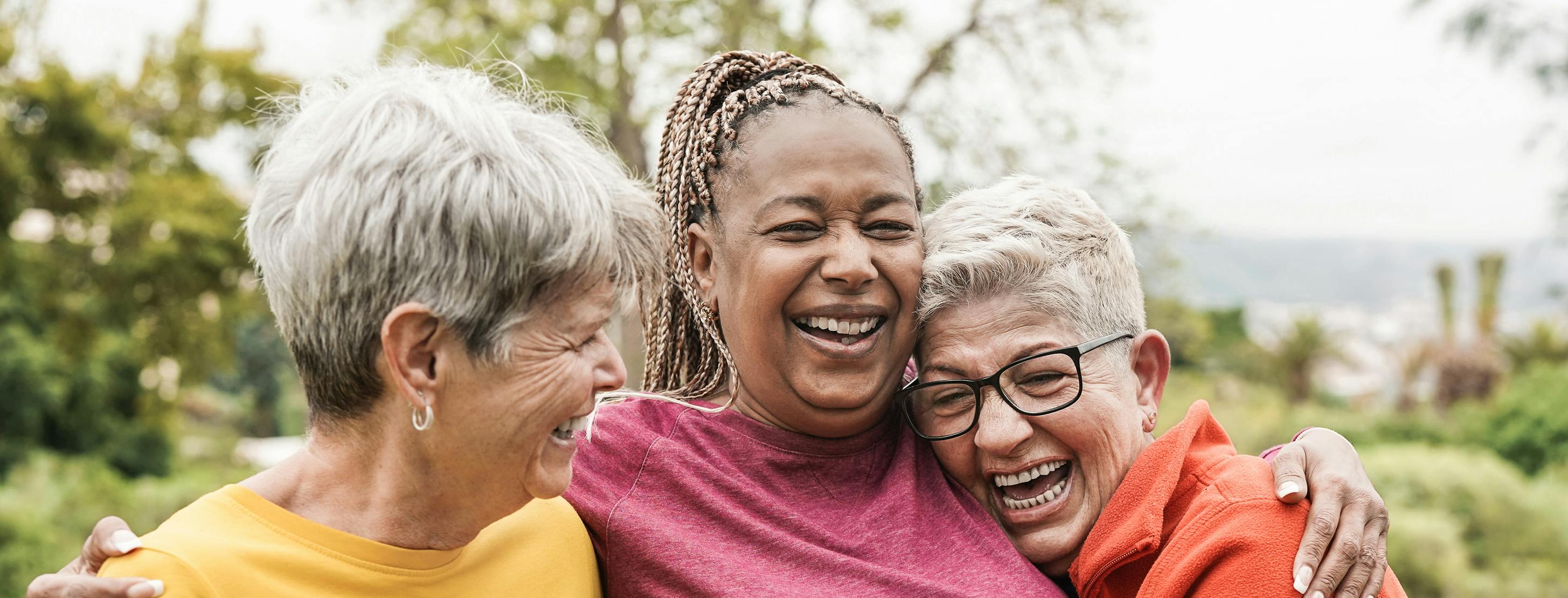See New Places and Old Friends: How Cruises Connect Me to Pals Around the World
When my husband and I first got together, we figured out that we not only loved seeing New Zealand (our home) and Australia from the sea but that by cruising around the two, we also could visit friends and family along the way. We also realized it was a great way to spend the end-of-the-year holidays, avoiding the how, what, when, where and who that often complicate those holidays.
Our first such cruise, a holiday voyage, did not disappoint. We didn’t have to spend money on flights to visit our families and friends — and we also avoided overstaying our welcome. Instead, we put together a wonderful holiday with friends and family “on the side.”
Our approach? Breakfast onboard, meet up with friends and family mid-morning, have lunch, do some fun stuff, and be back onboard in plenty of time for sail-away.
Over the years, we found that more people who were doing the same, including those who don’t celebrate the December holidays or else figured out that the cruise ships do them better. No digging out boxes of seasonal décor or worrying about catering to many tastes and diets at holiday meals; a cruise ship kitchen does all of this as a matter of course.
Expanding the scope of our travels
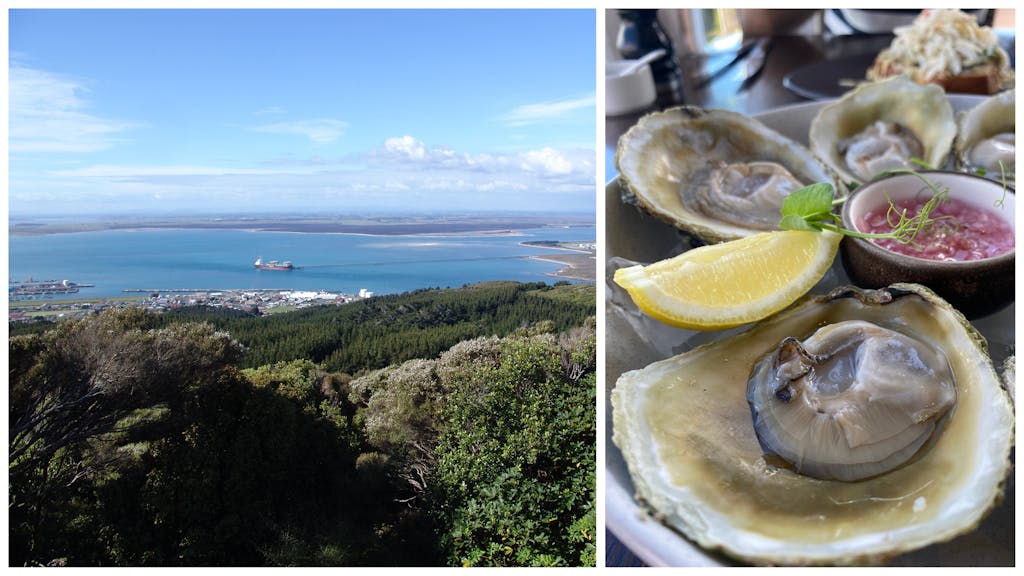
As we got older and our available time for cruising grew longer, so did our VFR (Visiting Friends and Relatives) circuits. We extended our net to my former homes in the U.S., U.K., the Continent and beyond. Many of the ports we visited were new to Terry, my husband. Plus, connecting with friends and family overseas allowed us to tour like locals. We found sights off the beaten path and enjoyed authentic experiences in my friends’ and family’s neighborhoods.
We were the beneficiaries of local knowledge: We explored hidden castles; dined in tucked-away restaurants or joined with friends for lunch at popular gastro pubs and wineries; savored a private wine tour with a childhood friend; were treated to a private tour of a popular film set; and found gems of museums and art galleries.
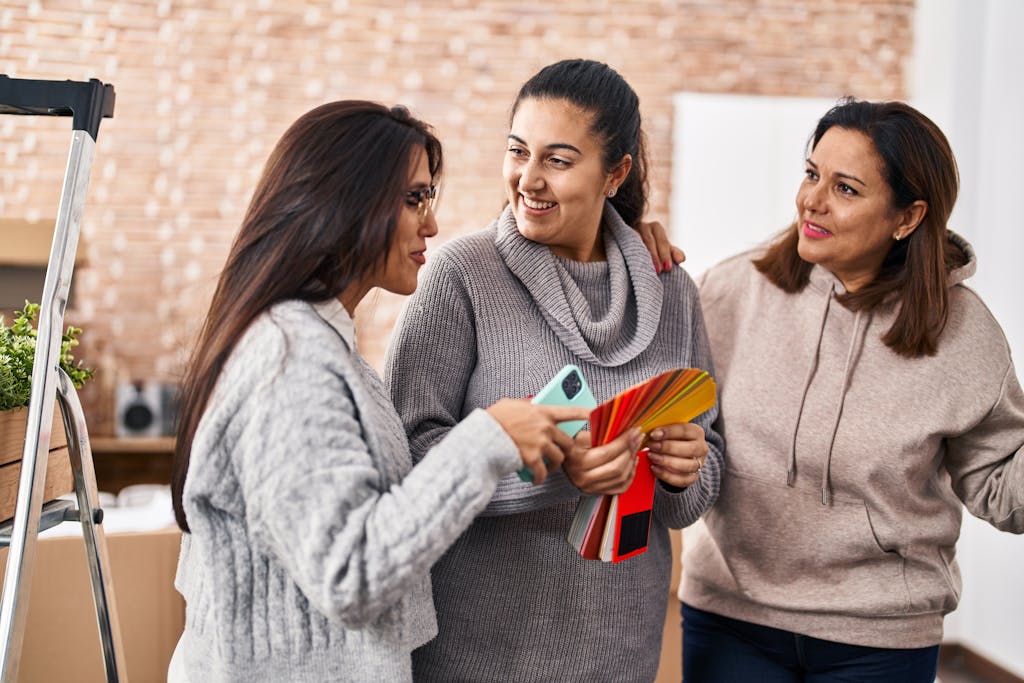
But sometimes, we did ordinary things, including joining our hosts in such activities as minding children or choosing carpets or paint colors.
Flexibility is key
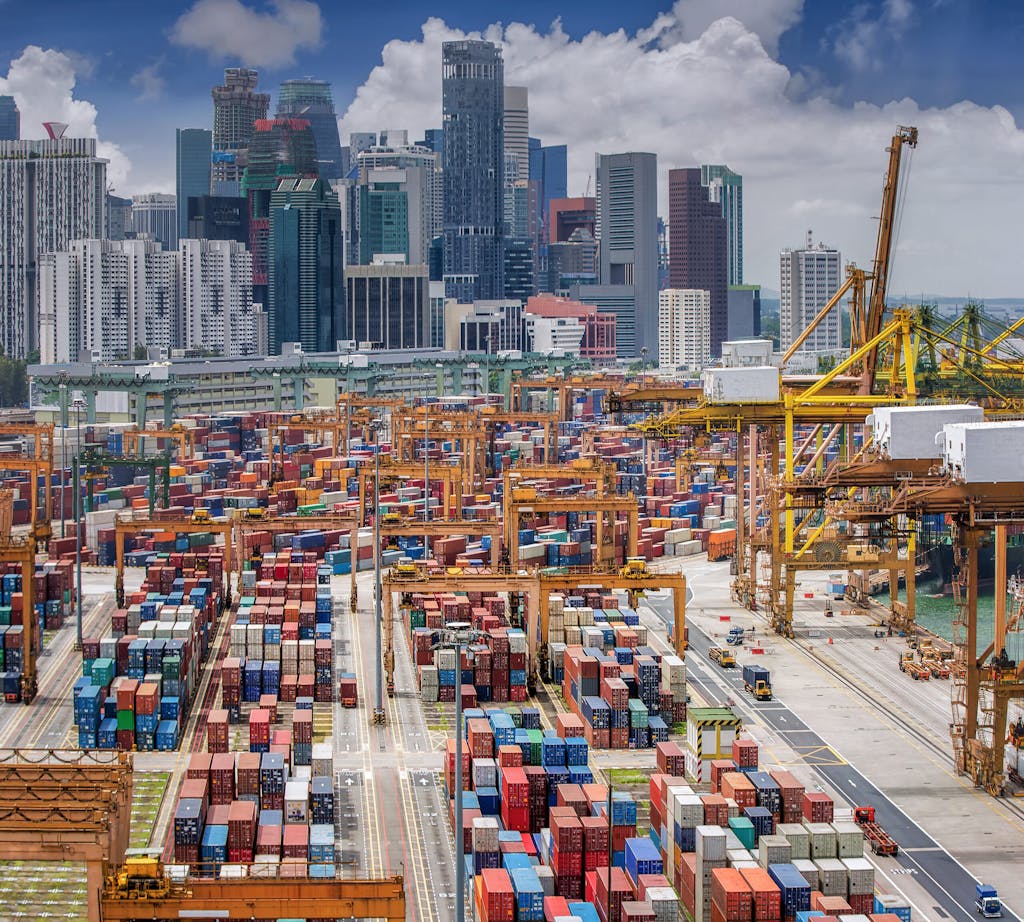
It’s impossible to predict when life will intervene. For instance, we managed only a two-hour lunch with friends in Bali because our ship was blocked and arrived late. On another cruise, I missed the Port of Tauranga in New Zealand – and a reunion with a friend – because a tropical cyclone forced the ship to reroute.
Of course, a cruise ship is an oceangoing holiday, but once you start thinking of it as an Uber without wheels, the possibilities for accomplishing minor tasks in major places becomes very real.
Meeting friends on turnaround day (we had back-to-back cruises) in Sydney, Australia, also didn’t happen, thanks to COVID-related bureaucracy that delayed us from disembarking from one cruise, leaving us only an hour to reboard the next.
Even if you think you’ve anticipated every problem (and solution), the best-laid plans can go askew. Judith Ramsey of Snohomish, Wash., used a recent cruise stop in Port Canaveral, Fla., to wedge in a visit with long-time friends Jim and Sandy Brown of Barefoot Bay, Fla., She hadn’t seen them since she moved to the Pacific Northwest two years earlier.
The friends made a date for a rendezvous, beginning with a waterfront breakfast in Port Canaveral, about 60 miles from Barefoot Bay. Two small glitches delayed but didn’t derail: They didn’t confirm a meeting point in Port Canaveral, one of the busier cruise ports in the world, and Ramsey hadn’t accounted for the time she would need to clear U.S. Customs, Port Canaveral being the ship’s first U.S. port since New York. Thank heavens for cell phones ; the friends reunited, had a lovely meal and catch-up. The bonus: Ramsey later had some quiet time while the rest of her family went to Disney World.
Doing ordinary things in extraordinary places
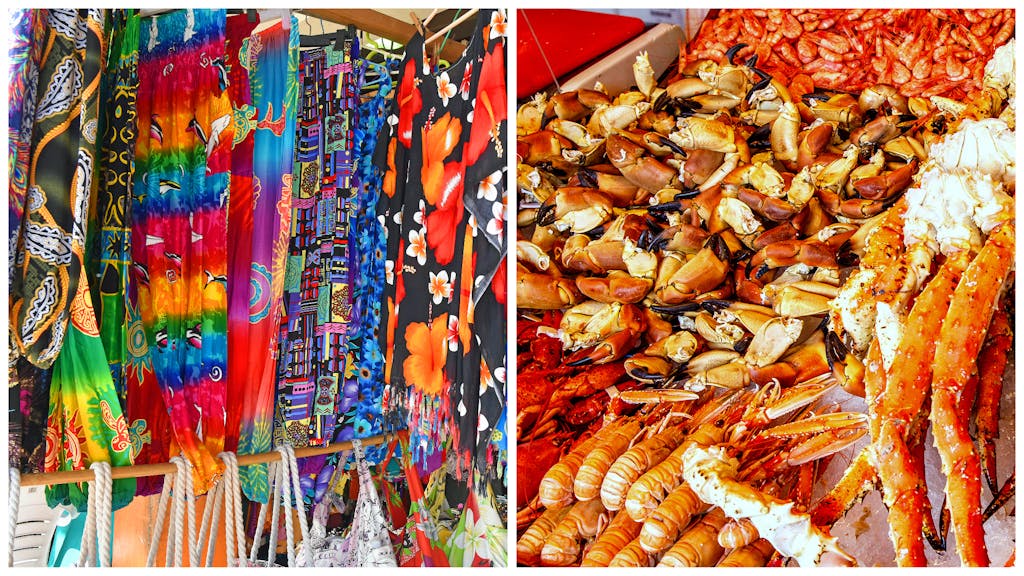
Of course, a cruise ship is an oceangoing holiday, but once you start thinking of it as an Uber without wheels, the possibilities for accomplishing minor tasks in major places becomes very real. When our fellow passengers asked what we did in Wellington, one time we replied that we had Terry’s new pacemaker tweaked by the doctor who inserted it the week before. Sometimes, our fellow passengers were surprised this response: “We went home and did the laundry.”
I’ve even bought a car from a cruise ship, not from the deck but from the internet. I saw what I wanted so why wait? The chap who answered the phone at my local dealer said, “Hey, there’s a lady on a cruise ship who wants to buy a car.”
Even some ordinary stuff becomes extraordinary: playing a round of golf (New Zealand has more golf courses per capita than about any other country); doing genealogical research; or savoring a cooking class that uses local ingredients.
Cruising golfers are well-looked after at many golf courses in or near New Zealand’s port towns and cities. (Check with the information desk in the cruise terminal for information.) I’ve met more than one fellow cruise passenger who has taken taxi to the Karori (Wellington) Cemetery in New Zealand, to do genealogical research.
Cooking classes? Plenty, and I’m not just talking about Silversea’s own S.A.L.T. (Sea and Land Taste) experiences. How about a private Greek cooking class in Katakolon, or an opportunity to cook authentic Mexican food in Puerto Vallarta? Or just hang out at the mall or a local market? Some of our favorites included the Port Vila Markets in Vanuatu, the food markets in Vung Tau, Vietnam, the fish market in Bergen, Norway, and the Stanley Market in Hong Kong.
Rainy day in an unfamiliar city? Head to the cinema for a morning or midday screening. Or hunker down in the nearest library.
No need to leave your daily routine behind. Find a new place or a new way of doing what you’re used to doing. But be wary: The results may spoil your errand-running upon your return home.
